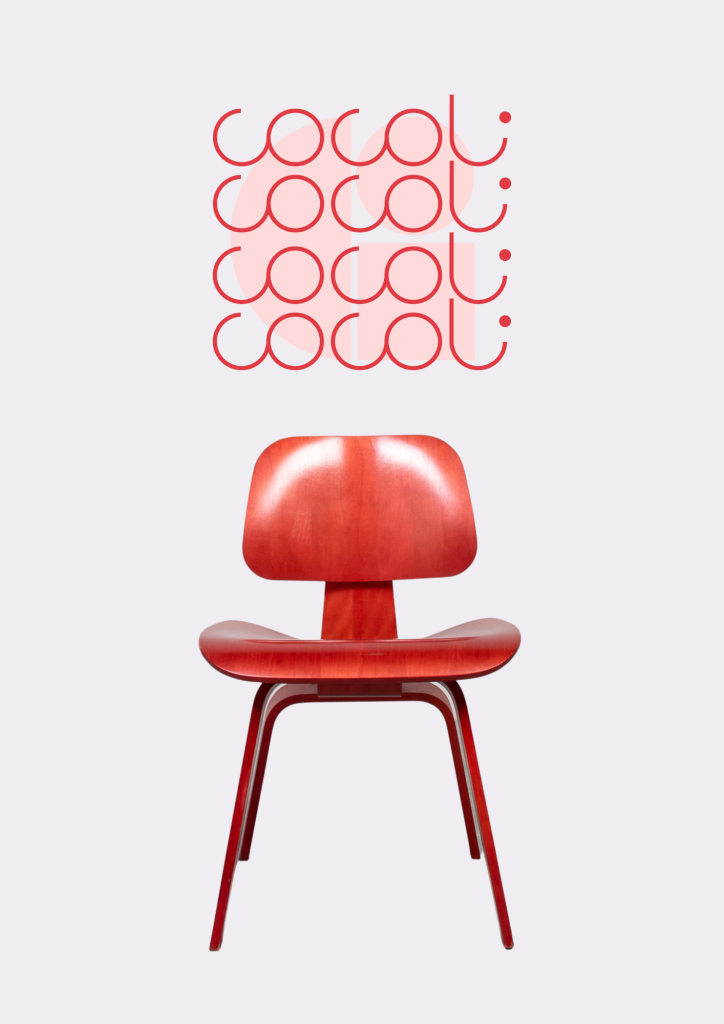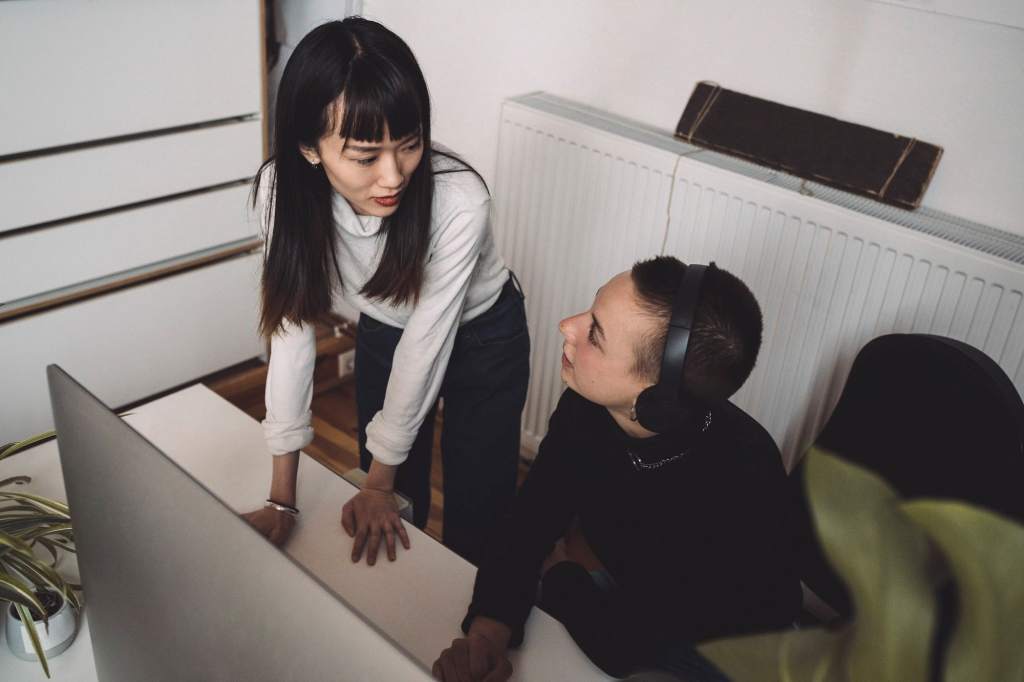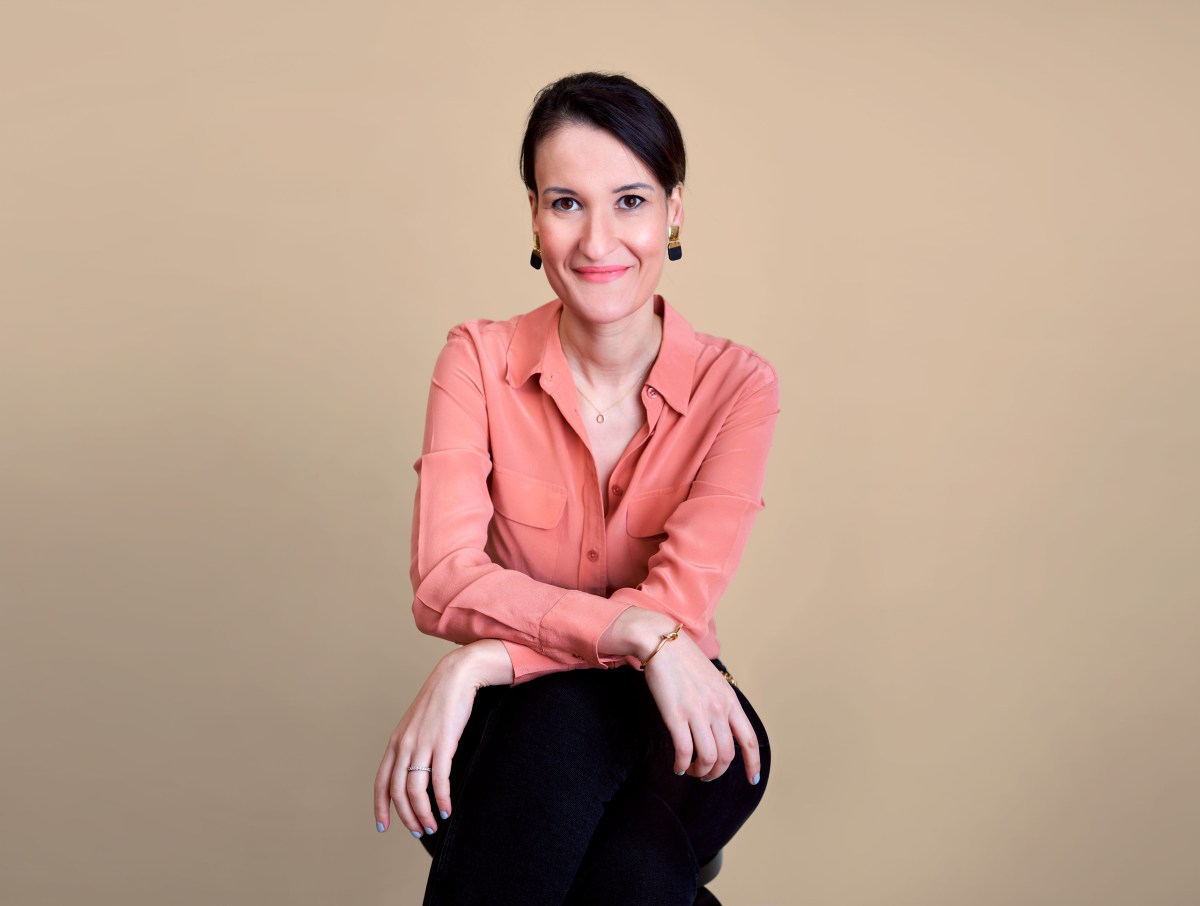Der Experte Joachim Nagel von der Deutschen Bundesbank spricht von einer Inflation von 10 % diesen Herbst. Manch anderer prophezeit sogar eine Hyperinflation wie in den 20er Jahren des 20ten Jahrhunderts.
Die denkbar blödeste Idee wäre es, in diesen Krisenzeiten seinen Job aufzugeben, sich selbstständig zu machen oder gar ein Startup zu gründen. Das Geld der Investor:innen sitzt nicht besonders locker und wer soll dein Produkt am Ende überhaupt kaufen?
Startup-Krise: Bedeutet Inflation das Ende jeder Innovation?
Ich spreche heute mit der Expertin Gemma Comabella über das Thema Gründen und Mutigsein in Krisenzeiten.
Gemma Comabella ist Co-Founder bei Cocoli, einem Online-Marktplatz für gebrauchte Designer-Möbel. Sie weiß, was es bedeutet, eine neue Brand zu etablieren und sich auf dem Markt zu behaupten.
(Das folgende Interview haben wir auf Englisch geführt, da Gemma Spanierin ist.)
wmn: Gemma, what are the most important things you need to start a startup?
Gemma Comabella: First of all, you need to know where you are. If you’re in Germany, it’s very important to know the German process: legal process can be very difficult to understand, for example. But more importantly, you have to make sure you have the right people on board.
Then, you can start to think about your product. You need to have a very clear idea of what problem you want to solve. You also need to make sure that your idea has the scale to become a big company.
That is exactly how Cocoli started. We knew there was a big problem on the market. People didn’t know how to resell their furniture, while buyers had doubts about buying second hand furniture online.
It was a huge market. A 32 billion Euro global market. We knew we could turn this into a hassle-free experience for buyers and sellers.

wmn: What’s the difference between Cocoli and eBay?
Gemma Comabella: So, there are different things. First of all, we only sell furniture and home decor. We are curated, meaning we select the items we want to sell. On eBay, everyone can upload everything. We only sell what we love.
Additionally, the selling process is hassle-free. We take care of the full logistic process from coming to your house, packing, picking the item, taking it and reselling it. Before the buyer receives it, we do a quality check.
wmn: What changed in the startup world since Germany has been hit by the rising inflation?
Gemma Comabella: Before this crisis, it was easier to get money from investors. The investors understood very well that a new company cannot be profitable after only one year. Today, that has changed a little. Investors expect a much bigger percentage of the company as they buy in, while expecting us to be profitable after a shorter amount of time.
In a recession, the buyers are buying less because they have less purchasing power. Everyone is afraid and pulling back. You need to be very on point and have very clear metrics and expectations. It’s not so much about the crazy growth you used to have, now, it’s thinking if we are ever going to be profitable.
Startups müssen nach einem Jahr schon profitabel sein
wmn: You said that before this crisis, you had a plan for the next ten years. What does this plan look like now?
Gemma Comabella: We are still planning for the ten years ahead. But, we are planning in a way of how can we be profitable already next year.
wmn: How do you find investors today? How is it any different from finding them before?
Gemma Comabella: To be honest, the way you reach them is still relatively the same. You can decide if you want to go with angels or business angels, or you can go into a fund.
The difference lies in the stage of your company. If you’re very early stage, you need what’s called smart money. People who won’t only invest money, but also their knowledge. You can profit from them in different ways. These are the business angels.
Funds don’t have that same expertise like angels. That’s similar to what we did with Cocoli. We’ve already raised our first seed round in August last year.
Was sind Business Angels?
Business Angels unterstützen Startups nicht nur mit Eigenkapital, sondern sie bringen noch andere Skills mit. Beispielsweise haben sie Management-Erfahrung und Business-Kontakte. Sie sind meist selbst erfolgreiche Gründer:innen und lassen das Startup von ihrem Know-how profitieren.
wmn: What’s a seed round? (Startkapital)
Gemma Comabella: It’s the first round of money you ask for from investors. Before we started our company, we raised a round of above 1 million Euros. That was our starting money, the so-called seed to launch.
Now, we are already nine months on the market in the process of raising our third round. Our advantage is we already we have some traction and some metrics. We are in a different stage as a company. When you’re in the seed round, you don’t have much data, and it’s difficult to get funding.
In this stage, it’s much smarter to go to angels who would invest based on the team and the idea without focusing too much on traction.
Was ist Startkapital? (Seed round)
Das Startkapital ist das Geld, das Startups für die Gründung benötigen. Hier kommen alle Kapitalströme zusammen: Eigenkapital genauso wie die finanziellen Mittel von Investor:innen bestehen.
Zum Investieren brauchst du ein Netzwerk, das dir vertraut
wmn: How did you charm the investors into giving you so much money?
Gemma Comabella: It was difficult at the time. We started during the pandemic, which meant we couldn’t meet in person. I didn’t have the same power. It was not as easy for me to express or to show them how passionate I am about this idea. I contacted people I used to work with. They knew and trusted me.
You need to have a good network of investors and angels. I told them: „You know me. You know how much I believe in this.“ I convinced them that this was going to be the next big thing in pre-loved furniture.
And I strongly believe that it is because the market will change. In the future we will be buying much more sustainably.
When I had the first investors, I made use of their network to tell even more people about our fantastic idea. You need to believe in the product that you want to sell. You have to be 100% sure that it’s going to be the next big thing. The next step is utilizing a network.
You need to really believe in the product you want to sell. You have to be 100% sure that it’s going to be the next big thing.
Gemma Comabella
Gemma Comabella: A network, however, is worth nothing if you’re not passionate and 100% convinced that you’re going to make it. In the end, it’s not only the idea that counts, it’s also the execution.
Die meisten Gründer in Deutschland sind 36, weiß und männlich
wmn: You’re still one of the few women in the startup-field. Most company founders in Germany are in their mid-30s, white, received a prestigious education and, most of all, male.
Women, on the other hand, make up only 18% of founders in Germany. Why do you think that is, and how do you want to change that?
Gemma Comabella: It’s a shame. It´s a shame. Investors and angels world is still very male-dominant. Even without wanting, they do have a gende bias as you tend to mirror yourself. To change this, angels and funds need to make sure they actively look to invest in female-led business. And every female founder that makes it, should open the door for more females to join!
Stell dir mal einen CEO vor…
Gemma Comabella: Imagine a CEO. The first person coming to your mind is male, right?
wmn: Yes.
Gemma Comabella: We can only change that little by little. More and more females need to be in executive positions in the founding teams. I strongly believe females are as good as males. We can change and impact our society with what we’re building.
wmn: Do you think there’s a difference between men and women starting a company?
Gemma Comabella: Well, it’s different. When raising capital, men tend to be more bullish. Women tend to start with a small investment-round. Usually, they want to start with 250,000 or 300,000 Euros. When they get very crazy, they want 500,000 Euros rounds.
If you talk to men, they’re all going for at least 1 million Euros. Women tend to want to prove themselves before they ask for money. As soon as we have the cash, and as soon as the company is running, women and men are equally good at running them.

Deutschland und Spanien: Verschiedene Startup-Welten
wmn: You are originally from Barcelona. Do you think there’s a big difference between Spain and Germany in starting a company?
Gemma Comabella: The difference is that Spanish people tend to get more personal. When you work with someone, you know about their family, kids, and parents. Germans tend to separate their personal life from their business life. However, the personal life should still be intertwined with your business life. At the end of the day, we’re spending eight hours together every single day. In a way, you’re married to your colleagues.
Germans are extremely hard-working. They’re on point. If they have an issue, they will tell you. It’s almost stereotypical, but it’s true that Germans are much more efficient. They’ll tell you what’s going on, what’s happening, and then they offer a solution – they’re perfectionists.
- Noch mehr spannende Interviews findest du hier:
- Lisa Larissa Strahl über Bibi Blocksberg & Female Empowerment
- Anaklav übers DJ- und Mutter-Sein
- Mirna Funk und Iris Brand über Kunst im kulturellen Wandel
- Warum wir keine Frauenhygiene brauchen
wmn: Does everyone in a startup have to be 100% passionate about the company?
Gemma Comabella: A thousand million percent. You need to be sure about the idea because there are going to be so many ups and downs. However, you always need to find a way to keep walking. There’s going to be so much negative feedback and people will try to bring you down. Some people always just see problems.
wmn: Can you tell me where you would invest right now and in the future?
Gemma Comabella: A startup cannot only be financially relevant. It needs to do something else too. Impact for me is key. I always wanted to build something that makes a better world. I’m very excited about everything that has to do with climate and sustainability.

